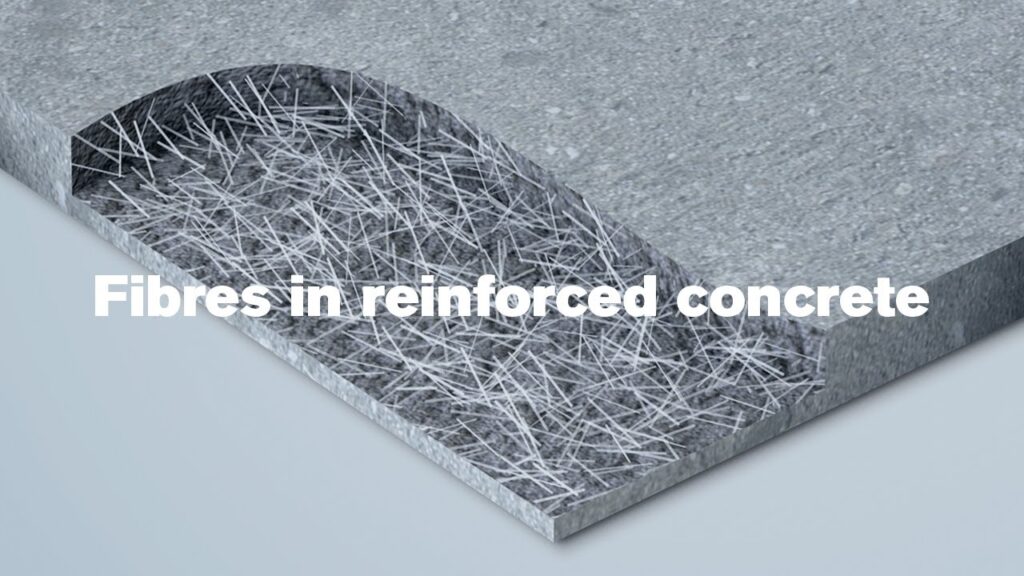This article delves into the pros and cons of fiber mesh concrete, a popular choice for reinforcing structures. Fiber mesh concrete incorporates fibers into the concrete mix, enhancing its strength and durability. By exploring the advantages and disadvantages of this material, engineers, contractors, and construction enthusiasts can make informed decisions for their projects and understand the potential benefits and limitations of fiber mesh concrete.
Introduction:
This article provides an in-depth analysis of the pros and cons of fiber mesh concrete, a widely used reinforcement method in construction. By incorporating fibers into the concrete mix, fiber mesh concrete offers enhanced strength and durability for various structures. Understanding the advantages and disadvantages of this material is crucial for making informed decisions in construction projects. Whether you’re an engineer, contractor, or construction enthusiast, this article will shed light on the potential benefits and limitations of fiber mesh concrete.
What is Fiber Mesh Concrete?
Fiber mesh concrete is a composite material that combines concrete and fibers to reinforce the structure. Fibers, such as synthetic or steel, are mixed into the concrete during the batching process. These fibers act as a secondary reinforcement system, improving the tensile strength and crack resistance of the concrete.

How Does Fiber Mesh Reinforce Concrete?
Fiber mesh concrete reinforces the concrete matrix by creating a network of fibers throughout the structure. These fibers distribute stress more evenly, reducing the formation and propagation of cracks. Fiber mesh also enhances impact resistance, minimizing damage from sudden loads or vibrations.
Enhanced Crack Control:
One of the significant advantages of fiber mesh concrete is its superior crack control. The incorporation of fibers helps to mitigate the formation and widening of cracks, improving the overall durability and longevity of the structure. This is particularly beneficial in applications where crack prevention is crucial, such as industrial flooring or pavements.
Increased Impact Resistance:
Fiber mesh concrete exhibits improved impact resistance compared to traditional concrete. The fibers distribute and dissipate the energy from impacts, reducing the likelihood of surface spalling or structural failure. This makes fiber mesh concrete suitable for structures exposed to heavy loads, dynamic forces, or seismic activity.
Cons of Fiber Mesh Concrete
Limited Load-Bearing Capacity:
While fiber mesh concrete enhances the tensile strength of the material, it has limitations in terms of load-bearing capacity. In high-stress situations where significant structural support is required, additional reinforcement methods such as rebar may be necessary. Careful engineering analysis is essential to determine the appropriate combination of fiber mesh and other reinforcements for optimal load-bearing capacity.

Challenges in Placement and Mixing:
The addition of fibers to the concrete mix can present challenges during placement and mixing. The fibers can clump together or get entangled, affecting the workability and consistency of the concrete. Special attention must be given to mix design, mixing techniques, and equipment to ensure proper dispersion of fibers and achieve uniform reinforcement throughout the structure.
Conclusion: Making the Right Choice for Your Project
In conclusion, fiber mesh concrete offers several advantages, including enhanced crack control and improved impact resistance. It is a viable option for various construction applications. However, it is essential to consider the limitations of fiber mesh concrete, such as its limited load-bearing capacity and challenges in placement and mixing. Engineers and contractors must carefully evaluate project requirements, structural demands, and budget constraints to determine the most suitable reinforcement method. By understanding the pros and cons of fiber mesh concrete, informed decisions can be made to ensure the structural integrity and longevity of construction projects.